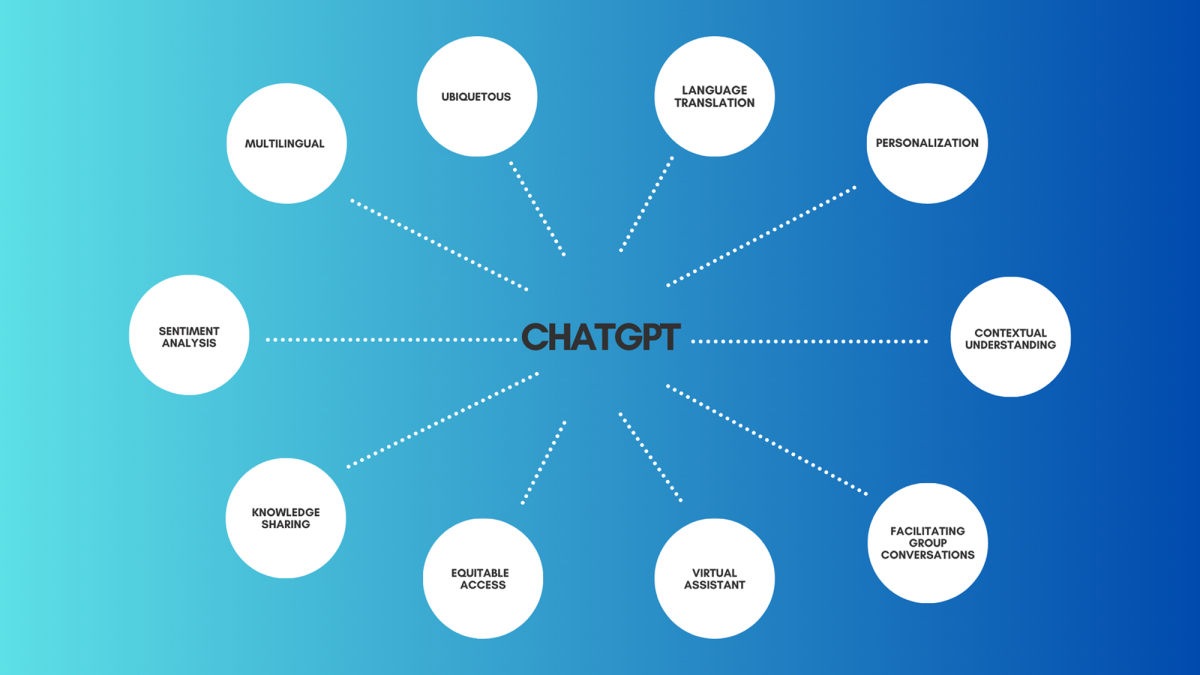I virtually presented on November 6th, 2023 for the Everyone Academy in Guelmin, Morocco about using Artificial Intelligence (AI) to create personalized prompts for EFL teachers working with students at different levels. My presentation focused on how AI can be used to improve language teaching and create individualized prompts for specific topics, units of study, and students’ needs and backgrounds. I discussed the theories that support using AI in language classrooms and showed how prompts can be customized for learning goals and cultures. I showed examples of how AI-created prompts can help teachers to work more effectively. The goal was to introduce EFL teachers to AI and how it can help them tailor their teaching.
Cowin, J. (2023, November 6). Targeted prompts for EFL teachers using AI [Virtual presentation]. Everyone Academy, Guelmin, Morocco.
Targeted prompts for EFL teachers using AI: RECORDING Passcode: SFe5Y4L?

Author: drcowinj
Dr. Jasmin (Bey) Cowin, Associate Professor at Touro University, Fulbright Scholar, SIT Graduate, past Education Policy Fellow (EPFP™) at Columbia University, Teachers College. At the heart of my professional journey is a commitment to transformative education, grounded in integrating concepts like Lynda Miller's philosophy of abundance, which counters Ruby Payne’s notion of a Culture of Poverty (2005). This philosophy emphasizes viewing experiences as assets filled with positivity and optimism, particularly valuable in an often dystopian-seeming world. My endeavors align closely with the United Nations Sustainable Development Goal 4: Quality Education, a goal deeply intertwined with both my personal and organizational objectives. This is evident in my work with initiatives such as Computers for Schools Burundi (CfSB), TESOL “Train the Trainer” programs in Yemen and Morocco, and my scholarly contributions including an article in the Journal of Higher Education Theory and Practice (JHETP) and various workshops focused on supporting displaced learners.
As an educator in the Fourth Industrial Revolution era, I recognize our crucial role in preparing the future workforce. To equip students with necessary digital literacy and technological skills, we educators must first master these areas. The technologies defining the 21st-century workforce could lead to new forms of exploitation if access is not globally democratized. By incorporating 4IR innovations in education, we shape students’ worldviews from an early age, preparing them for VUCA (Volatile, Uncertain, Complex, Ambiguous) environments and ensuring they become a skilled, adaptable workforce. In conclusion, my commitment extends beyond transactional interactions, focusing instead on utilizing my skills and privileges to make a positive, enduring impact on the world.
View all posts by drcowinj

